Mr. Tran Dinh Thap, a new member of the Cooperative, was engrossed in listening to Mr. Mai Dinh Tho, former Deputy Secretary of the Krong Pac District Party Committee and Chairman of the Cooperative, explain the remote-controlled automatic irrigation and fertilization technology.
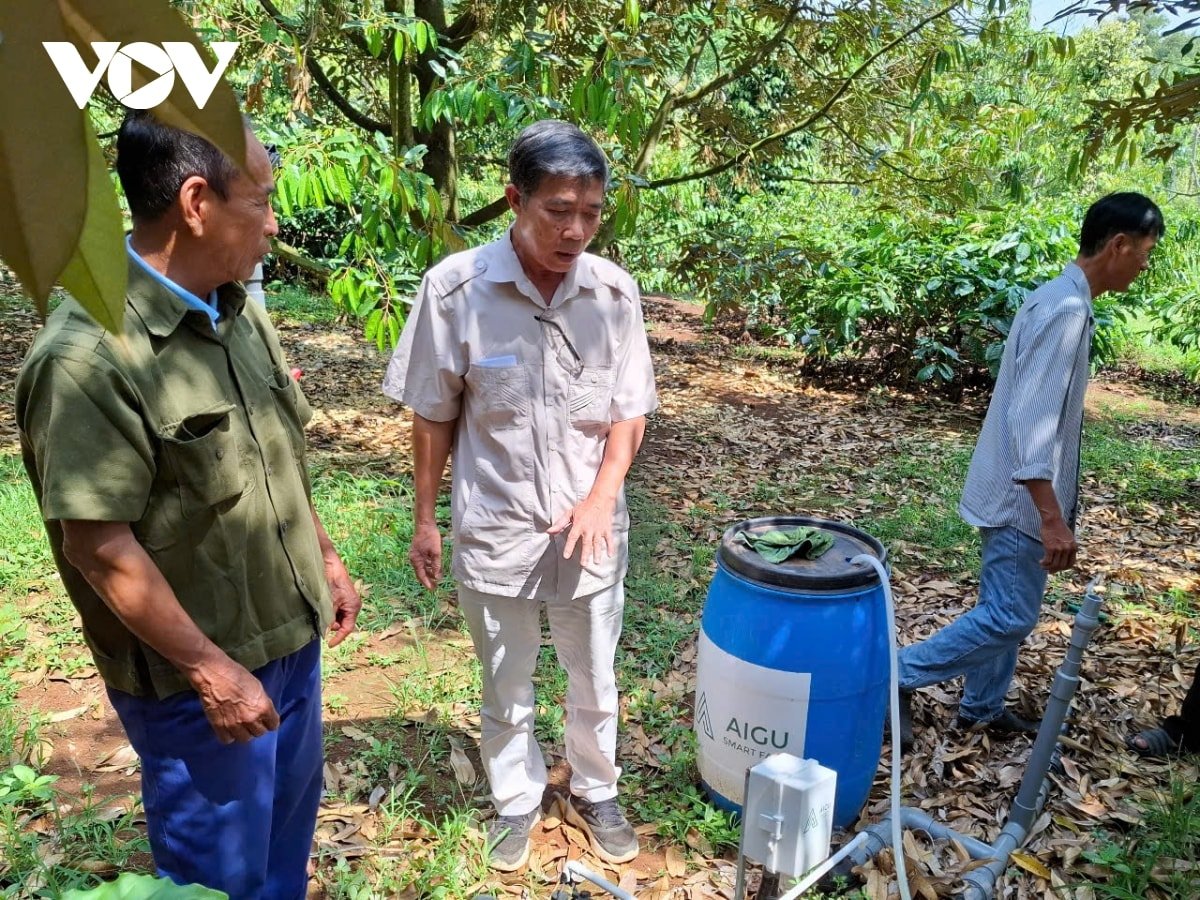
This year, he is 70 years old, admitting that he had a long period of being lazy and not interested in business, but after being invited to enjoy the taste of durian in the cooperative's garden, Mr. Thap was convinced by the value of this fruit and tried to invest nearly 1 hectare, at the same time he also applied to join the cooperative to learn and receive help.
"Joining a cooperative is mainly to let them show you. If you don't know the technique, ask. If you don't know what pesticides to spray, ask, they will show you. They are also agents for agricultural chemicals and materials. If you don't have money to buy, they will give you credit. In general, coming here is to rely on the cooperative, to help each other. Seeing that I'm poor, they will lend me money first. The rich support the poor, to overcome themselves," Mr. Tran Dinh Thap shared.
Mr. Thap added that it was Mr. Nguyen Cong Diem, a Tay ethnic, from Cao Bang, residing in Thanh Xuan village, Ea Kenh commune and Deputy Head of the Krong Pac clean agricultural cooperative, who invited him to visit the garden and personally cut durian to serve guests to convince him to invest in growing durian.
The sincerity of people from different hometowns and bloodlines not only brought Mr. Thap to success but also made them brothers.
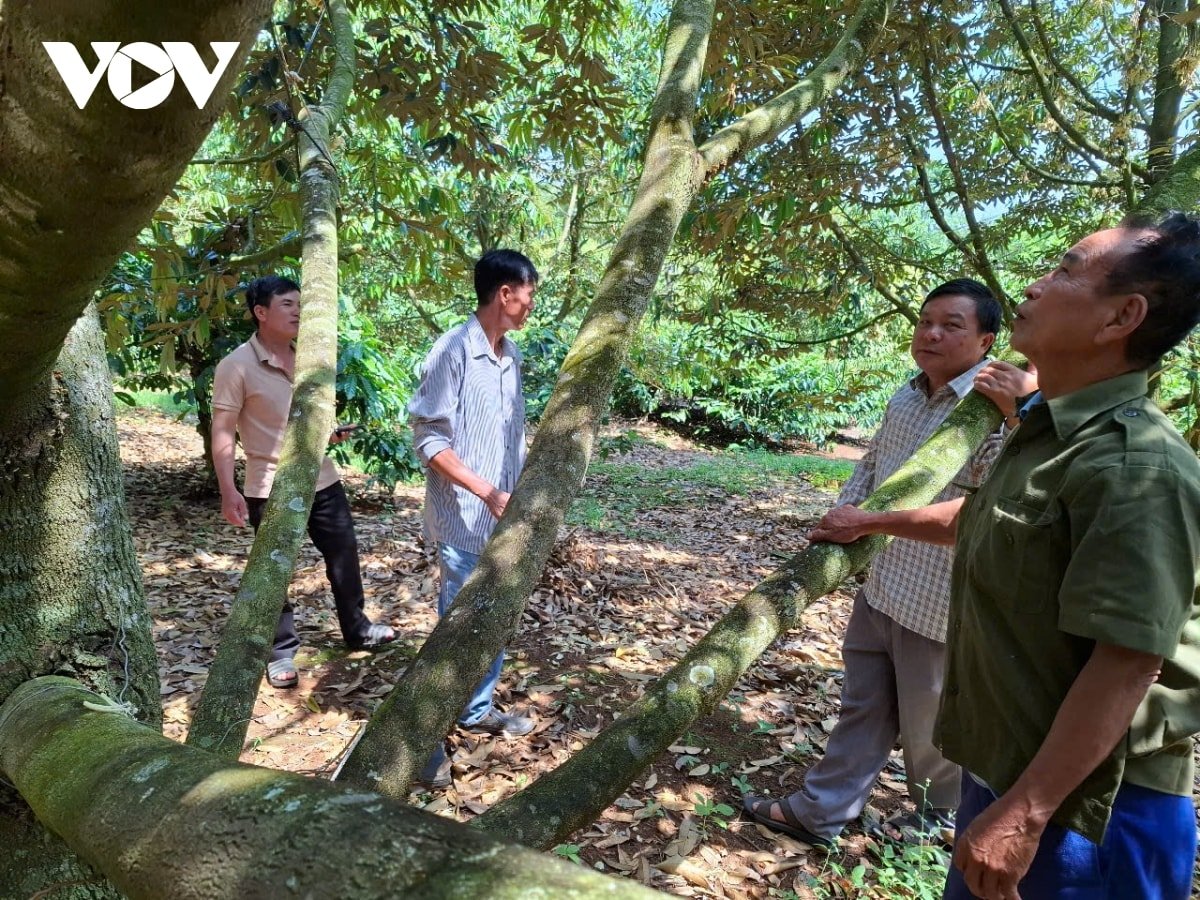
Also at the talk, Mr. Nguyen Cong Diem cited many touching information, that is, in the 1980s, Tay and Nung people in Cao Bang and Lang Son came to Thanh Xuan and Thanh Binh villages, Ea Kenh commune to make a living in poverty and opium addiction. At that time, in the two villages, there were more than 50 people who had to go to drug rehabilitation centers.
But thanks to mutual support, everyone was able to successfully quit their addictions, and since then no one has relapsed. Everyone is working hard and has a truly bright life.
Mr. Diem said that because of his desire to help people escape poverty, he participated in founding a clean agricultural cooperative because he firmly believed that solidarity in a cooperative would lead everyone to more sustainable success.
"The people there are very united. When one household or another sees fallen fruit or yellow leaves, they immediately share their experiences, trying to make this year's results higher than last year's, this crop higher than the previous crop. When establishing a cooperative, everyone contributes capital. The purpose is to certify the origin, to have a sustainable direction," said Mr. Nguyen Cong Diem.
The story of solidarity, mutual support, and the orientation towards ecological agriculture and sustainable development in the Krong Pach clean agricultural cooperative has helped the cooperative attract more and more members. Currently, the cooperative has 150 members, including Kinh, Ede, Tay and Nung people.
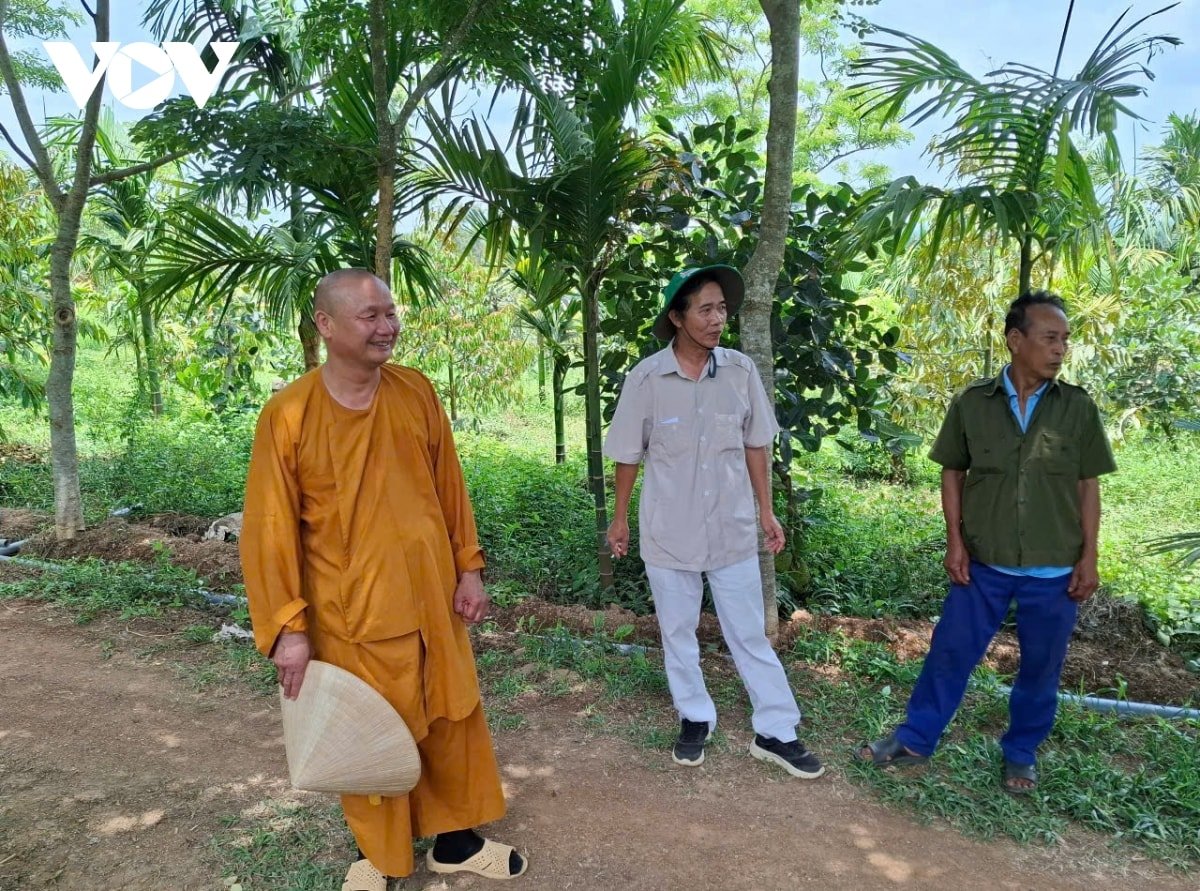
Among them, many members such as Pastor Ama Yotha in Buon Jung, Ea Yong commune, despite being very busy, still accepted to be the production team leader.
Venerable Thich Dao Ung, abbot of Truc Lam Tu Giac Zen Monastery in Ea Yong Commune, planted clean durian trees in the monastery grounds and became a special member of the cooperative. Venerable Thich Dao Ung said: “Of course I support the best things. Clean agriculture is probably the best for the health of users. With available land, I support this spirit, so I joined the cooperative, following the techniques that the cooperative guides to avoid polluting the surrounding environment.”
50 years of national reunification, the Central Highlands has had a superior economic foundation, solid national defense and security, and increasingly synchronous infrastructure of electricity, roads, schools, and stations.
But the most inspiring thing is that the North and the South really reunite on this land. Not only do households reunite in the same village, residential group... but like-minded people also find each other and cooperate to discuss the future. Like Ms. H'Len Nie, in Buon Ma Thuot city, there are younger siblings from Ho Chi Minh city and Da Nang who have come and become partners, together promoting Ede culture and cuisine.
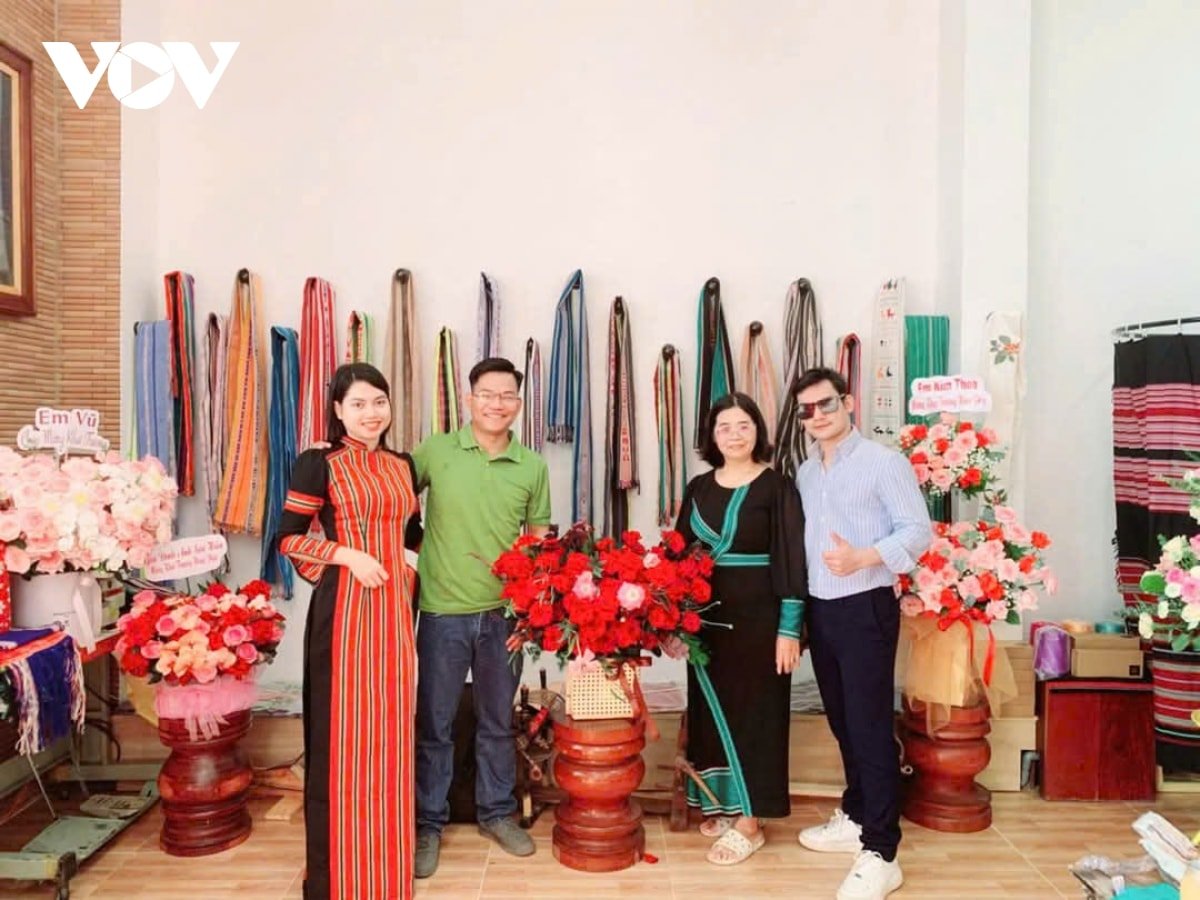
Meanwhile, Ms. H'loan in Ea Hiu commune, Krong Pac district, has been successful with her bird's nest house system in Dak Lak and Gia Lai, building a brand and exporting bird's nest products.
Y Pot Nie, an Ede man who founded Ede Café Joint Stock Company in Krong Ana district, Dak Lak province, found brothers in the business community in Hanoi, and was supported to start a business and build a factory.
“Pot himself wants to inspire children and new employees in the future that his way of making coffee is to see the value of agriculture, the value of the village, so that young ethnic minorities can change their thinking, do better, and develop agriculture in the village more and more strongly," said Y Pot Nie.
In the spring of Ky Dau 1969, the last time he read a poem to wish the compatriots and soldiers nationwide a happy new year on the Voice of Vietnam radio, Uncle Ho encouraged the whole country to move forward for the future of North-South reunification.
This historic April marks the 50th anniversary of unification, when the community of 54 ethnic groups across all regions of the country truly reunited.
With the Central Highlands and Dak Lak province, people from all over the country settling here, are holding hands in solidarity, in the sound of gongs that overcome language and age barriers.
The Beauty of Solidarity is deepening the value of independence and unity, becoming the foundation for villages to conquer new successes in the era of national development./.
Source: https://baodaknong.vn/bac-nam-sum-hop-va-cau-chuyen-doan-ket-de-thanh-cong-o-cac-buon-lang-dak-lak-251250.html



![[Photo] Bustling construction at key national traffic construction sites](https://vphoto.vietnam.vn/thumb/1200x675/vietnam/resource/IMAGE/2025/5/2/a99d56a8d6774aeab19bfccd372dc3e9)
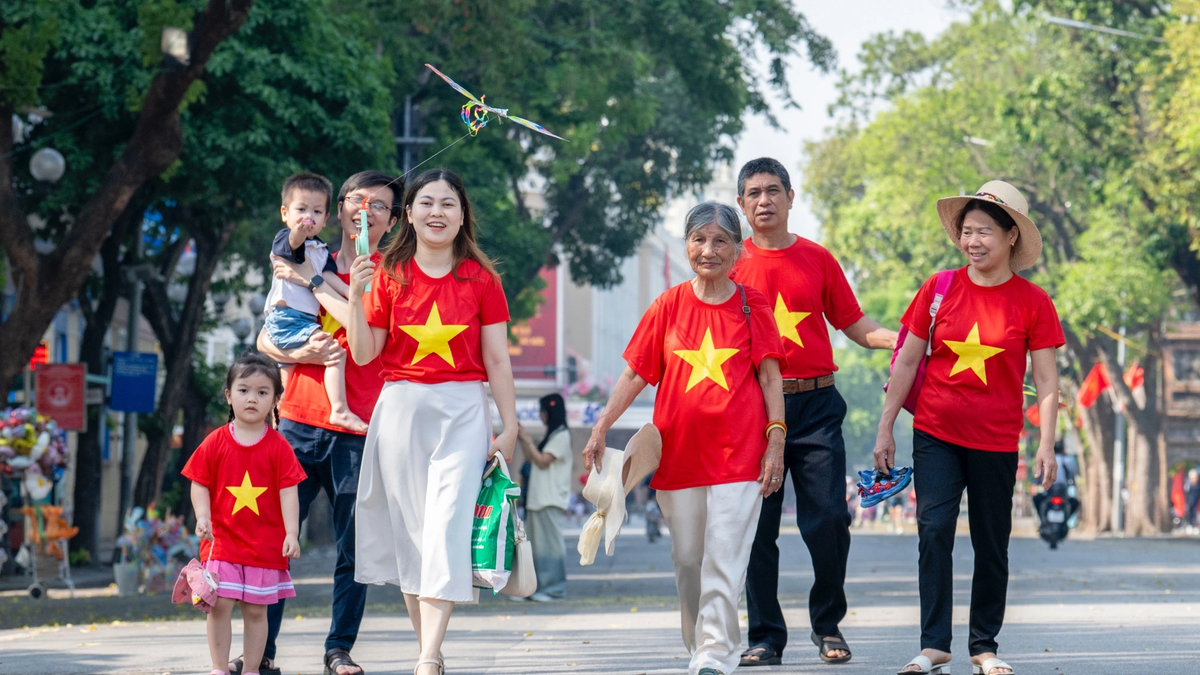
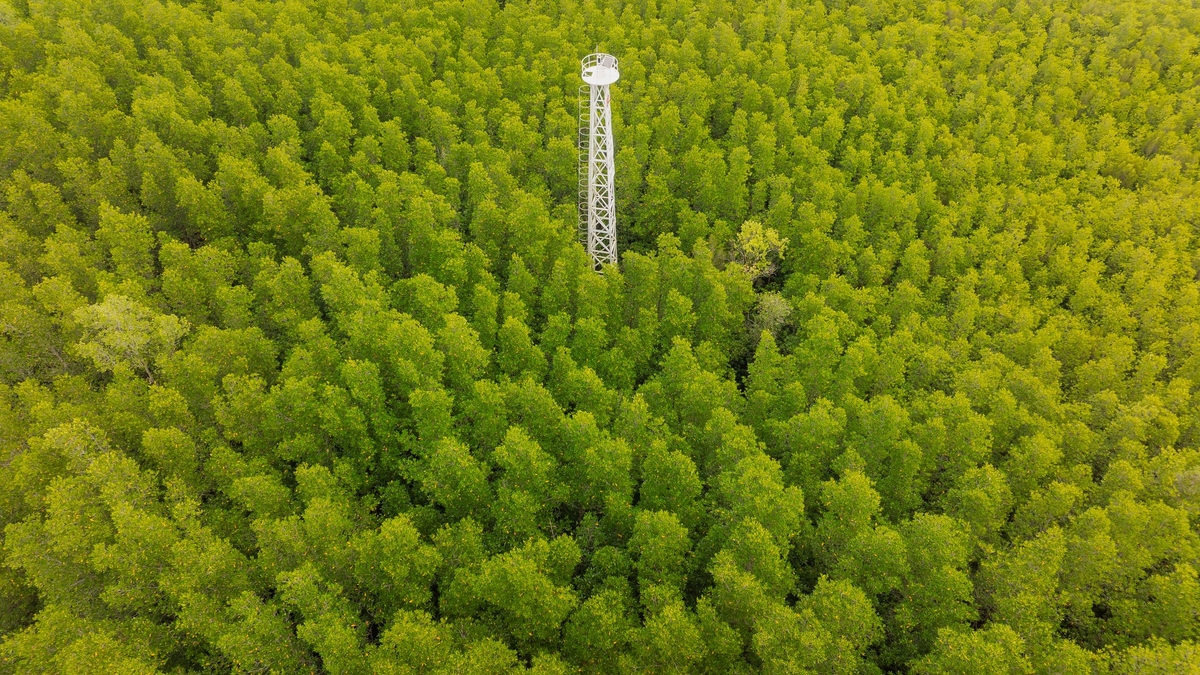







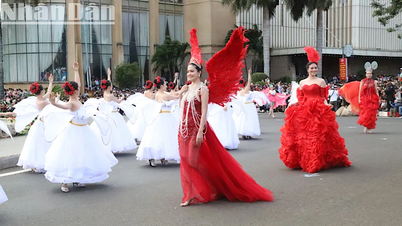






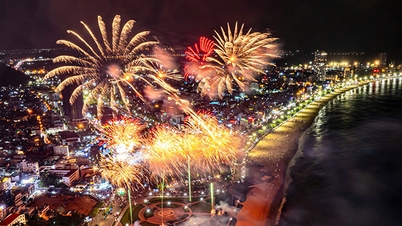
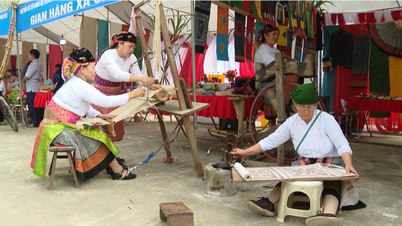
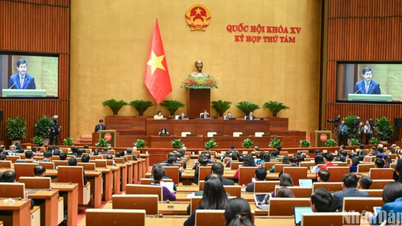





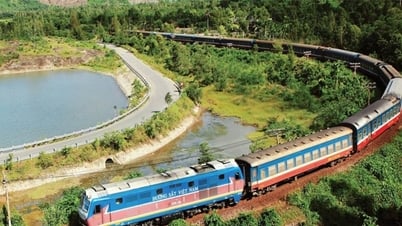
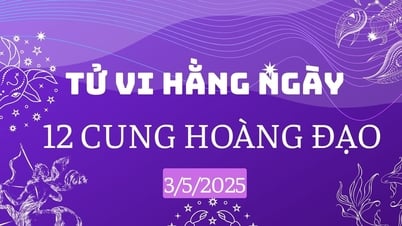
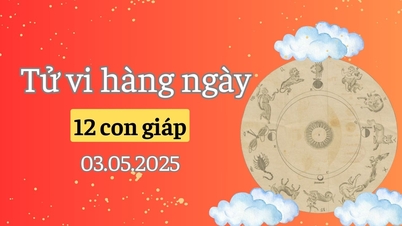
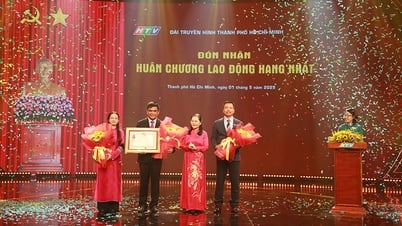



![[Photo] Binh Thuan organizes many special festivals on the occasion of April 30 and May 1](https://vphoto.vietnam.vn/thumb/1200x675/vietnam/resource/IMAGE/2025/5/1/5180af1d979642468ef6a3a9755d8d51)
![[Photo] "Lovely" moments on the 30/4 holiday](https://vphoto.vietnam.vn/thumb/1200x675/vietnam/resource/IMAGE/2025/5/1/26d5d698f36b498287397db9e2f9d16c)
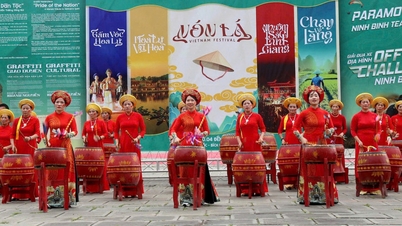

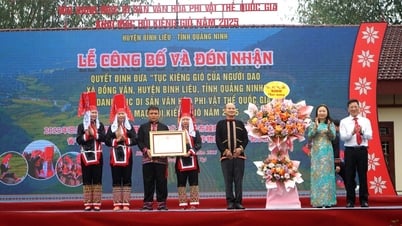





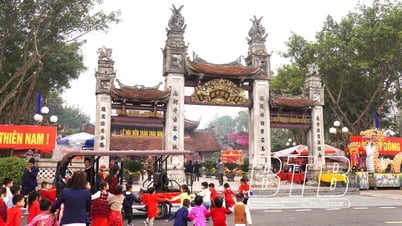



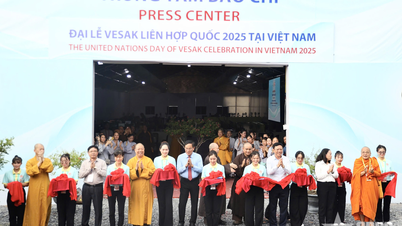


















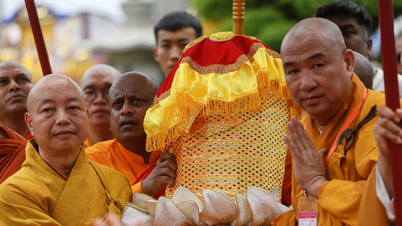



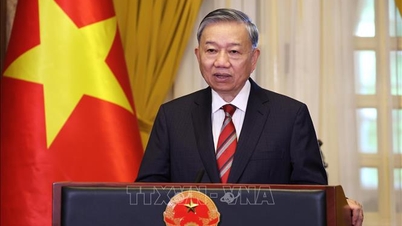












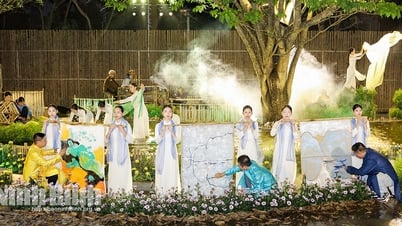
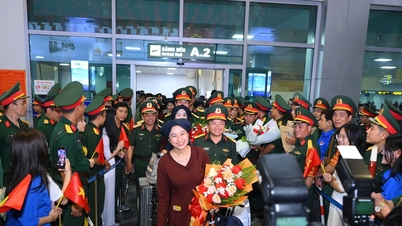




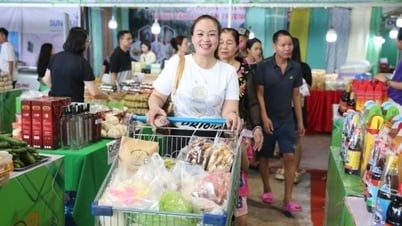

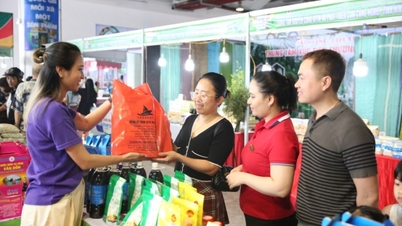



Comment (0)